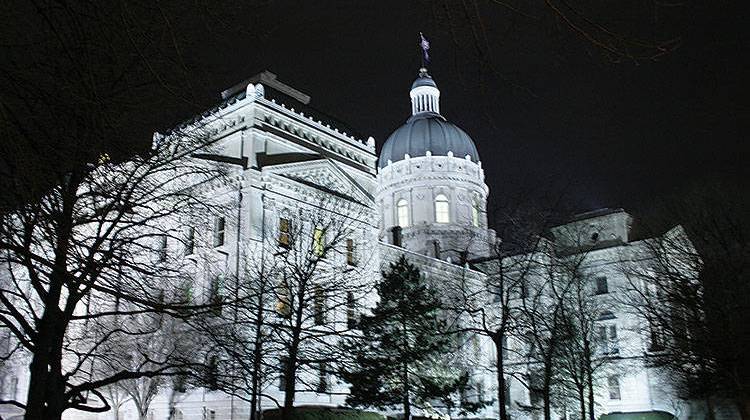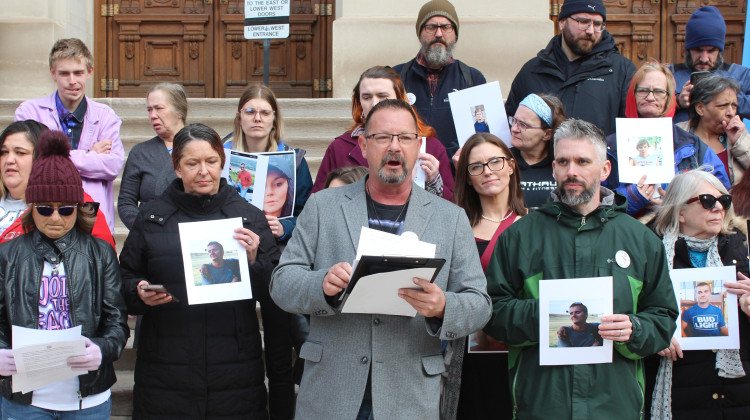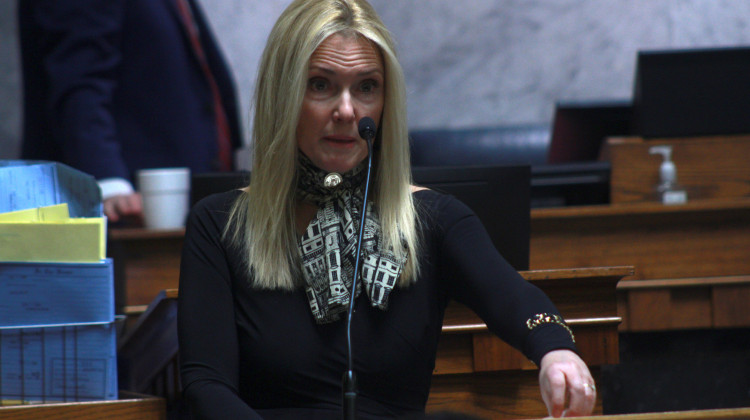
A bill setting limitations to state environmental rules appears unlikely to advance from the Senate.
file photoINDIANAPOLIS -- Legislation that would restrict state environmental regulators from creating tougher rules looks unlikely to advance this session after a Senate committee completely overhauled the measure on Monday.
Republican Rep. David Wolkins has introduced a similar bill for four consecutive sessions. It would bar the Indiana Department of Environmental Management from enacting rules that are stricter than federal regulations. He says he doesn’t want a future administration to create unreasonably restrictive policies.
That measure received a vote in a Senate committee for the first time ever Monday, but not before Chairman Ed Charbonneau completely changed it. The bill now simply requires IDEM to inform the legislature each year on new rules it’s developing and enacting.
Wolkins said the new language is, “better than nothing.”
“This gives a little more insight – it might give them a little pause," he said. " It’ll at least make us aware so that if we want to stop them, we can in the following session.”
Wolkins added he’s not sure the bill’s language is enough and wants to continue working on it this session.
Environmental advocates decried the original bill, arguing it would prevent state regulators from responding to emergencies such as the Flint, Michigan water crisis. They praised Charbonneau’s change.
 DONATE
DONATE








 Support WFYI. We can't do it without you.
Support WFYI. We can't do it without you.